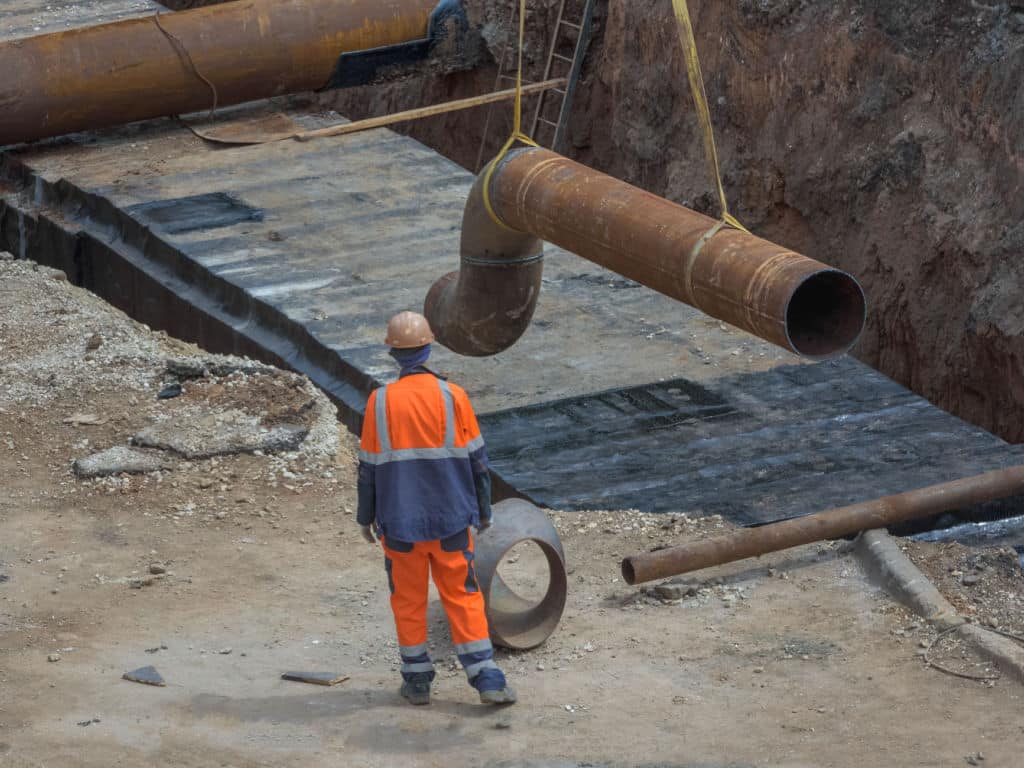After Kenya in March 2023, the US Agency for International Development (USAID) five-year programme is being launched in Liberia, including Montserrado and Margibi. The aim of the US agency is to strengthen water, sanitation and hygiene services in these two counties, which are located in the north-west and on the north and central coast of Liberia respectively.
Access to basic or improved water services for their residents will be enhanced through the design of water service delivery modules. To carry out these facilities, the American organisation Winrock International, which won the tender contract for the project, will work with the communities of Montserrado and Margibi.
18 million in funding
Winrock International will also work with the multi-disciplinary consulting firm, FEI Consulting, based in Virginia, USA. In Liberia, the USAID programme will also focus on hygiene and long-term sustainability in water.
“Our ambition now is not just to provide communities with the physical structure to ensure access to safe water. We also want to share responsibility between the beneficiary communities, the government and the private sector. Only then can we make the necessary adjustments to improve the benefits of our water investments,” says Michael McCarthy, the US Ambassador to Liberia.
Read Also – LIBERIA: Monrovia to receive $50m from US for water and sanitation
The total cost of the work under the USAID programme in Liberia will be $18 million. This is significant support, but not enough to address the overall shortage of safe drinking water in Liberia, says Bobby Whitfield, chairman of the Water, Sanitation and Hygiene Commission (WASH-Commission). The official added that the West African country needs $151 million by 2030 to cover the water needs of all Liberians. According to the United Nations Children’s Fund (UNICEF), in 2019, only 68% of the population had access to basic drinking water services and 18% to adequate sanitation.
Inès Magoum
